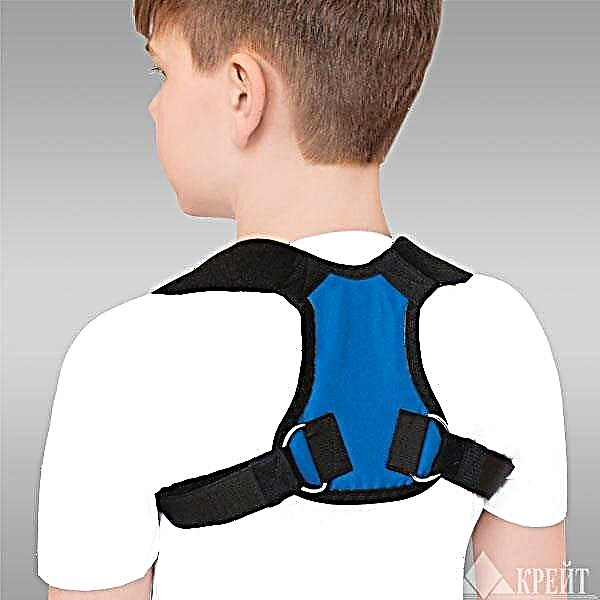
Diarrhea in a nursing baby is a cause for concern for his parents. Especially if the condition of the crumbs is worsened, and various impurities appear in the feces, for example, mucus. Why does the baby suddenly begin to poop profusely with mucus and how to help the baby?
What does it look like?
According to many pediatricians, a small amount of mucus may be present in the feces of a baby normally.
If the consistency of feces becomes liquefied, and the baby poops more often than usual, then such a stool with mucus is called diarrhea. It can not only contain a lot of mucus, but it can be greasy or streaked with blood.
If the mucus is due to an intestinal infection, the stool becomes offensive, very thin, and may turn green.
Causes
Liquefied stools mixed with mucus can appear when:
- Violation of the child's diet;
- Teething;
- Colds;
- Violation of hygiene;
- Overexcitation;
- Acclimatization;
- Overeating;
- Lactase deficiency;
- Gastroenteritis;
- Gluten intolerance;
- Allergies to cow's milk;
- Enterocolitis;
- Taking antibiotics.
When should a doctor be called?
You should call your baby's doctor immediately, even if one of the following occurs:
- The feces with mucus developed an unpleasant, pungent odor.
- Stools with mucus are green in color.
- There is blood in the stool.
- The kid poops more than six times a day.
- The child has a fever.
- Diarrhea with mucus lasts more than three days.
- The kid does not gain weight well.
- The child complains of abdominal pain.

How to treat?
If the causes of loose stools with mucus are colds, climate change, overexcitation, overeating, teething teeth, dirty hands and similar factors, then this diarrhea is not dangerous and often goes away without treatment. If you suspect more serious reasons, it is best to contact your child's pediatrician, who will give advice on diet and drug therapy.
It is also important to remember that the main danger of prolonged diarrhea is dehydration of the child's body. So parents should give their baby a lot to drink by adding salt to the water, and pharmacy saline solutions are the best drinking option. If the baby receives breast milk, it continues to be applied to the breast, and the formula should be diluted twice with water for the artificial baby.
Complementary feeding during the treatment of diarrhea in the child's diet is limited.



